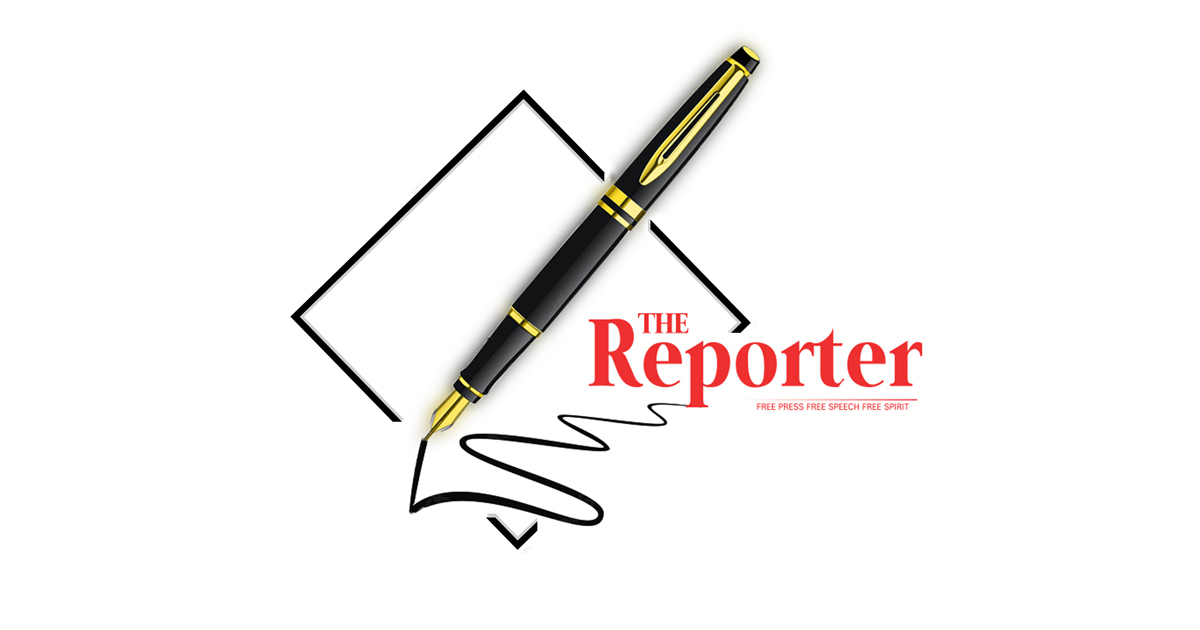
Investigators able to check individual emails, social media, bank accounts without court order
A draft proclamation tabled to lawmakers this week seeks to grant the government the power to seize assets purchased using undeclared income.
The Asset Recovery Proclamation will apply to both tangible and intangible assets with a value greater than five million birr and, if ratified, could see seizures enacted retroactively going back as far as 10 years.
The proclamation is separate from existing legislation introduced to penalize profit or gain from criminal activities or corruption, and applies to non-crime assets acquired using undeclared and untaxed income. The definition of asset under the proclamation includes ‘moveable, non-moveable, tangible, intangible, bank credit, traveler cheque, payment order, stock exchange, invisible assets, securities exchange, shares, interest rates, dividends, bonds, valuable documents, and any asset that has economic benefit and was gained informally.’
The law would allow the government to freeze or seize such assets even if they are not deemed to have been acquired illegally by a court of law. This proclamation will apply to public institutions, the private sector, individuals, and any entity that has legal recognition.
– Advertisement –
The draft, however, does not cover assets gained via unknown channels, which would instead be recovered under the criminal law, economic crimes law, or anti-corruption laws.
An individual with no formal employment, no trade license, or without documentation observed to be accruing assets would be subject to the seizure of the assets. An individual registered as a small taxpayer but holding more income and assets than declared could also forfeit the assets.
The proclamation also includes a ‘safeguarding mechanism’ that would see an individual spared from prosecution even if they acquired assets illegally on condition of full disclosure. The assets, however, would still be subject to forfeiture. Investigations can take place retroactively, going back as far as 10 years for assets valued at five million birr or higher.
“This proclamation is necessitated mainly for the upcoming capital market in Ethiopia. The stock exchange will start in Ethiopia soon. Hence, such legislation for investigating the source of assets is necessitated. Because the digital payment system is expanding in Ethiopia, this proclamation is necessitated. The adoption and legalization of digital currency in Ethiopia in the future was also taken into account in preparing this proclamation. Even though NBE has banned digital currency in Ethiopia, it is being utilized by many. Hence, it is likely that it will be officiated in the future,” reads the draft.
It alleges that “several underground economic actors” are using digital currencies like Bitcoin and Ethereum to conduct illegal transactions and to acquire and stash assets.
“As long as the evidence is found, this proclamation will apply to all such crimes,” reads the draft.
Investigators will use a ‘special court permit’ to investigate such cases, and any individual who refuses to share relevant information to investigators will face penalties, according to the draft.
It would allow investigators to bypass all privacy laws without a court order. This includes accessing bank accounts, computer servers, emails, post, telephone and fax messages, the internet and message exchange platforms. Investigators will also be able to conduct their work undercover.
If the investigator believes a suspect is hiding assets, a minister or a minister’s representative can order a three day injunction even without a court order. If the asset in question is registered in the name of spouses or couples living together without marriage or their children, the asset will be forfeited, according to the draft.
Assets hidden abroad or crimes committed abroad involving Ethiopian assets are also subject to the proclamation. The draft makes some allowances for using implicated assets to support the livelihoods of poor or handicapped people.
If ratified, the federal government will open a special bank account to funnel the proceeds from recovered assets, which can be sold off. Any funds raised from the sale can be used to compensate victims, if there are any, or used by the Ministry of Justice to finance the implementation of this proclamation.
The proclamation also allows establishment of cooperation with other countries to recover assets and allocate budget to this end.
The Justice Ministry will establish a new department to execute the terms of the draft. It will include prosecutors, investigators, accountants, evaluators, and engineers.
Parliament’s standing committee for Legal and Justice Affairs is reviewing the draft.
.
.
.
#Bill #Targets #undeclared #Asset #Forfeiture #Including #Digital #Currency #Shares
Source link











